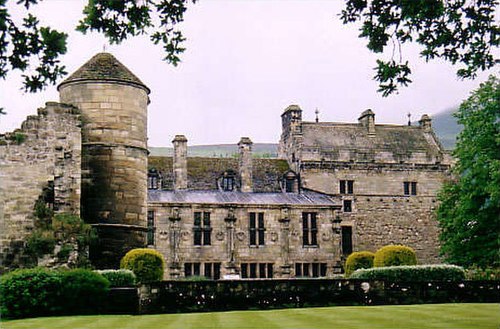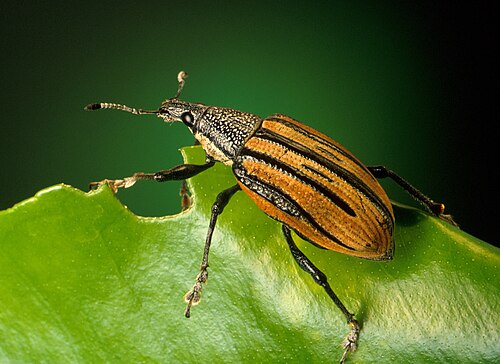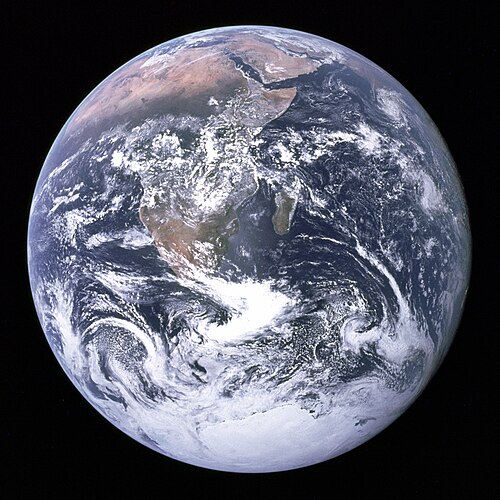Fifenoun
A small shrill pipe, resembling the piccolo flute, used chiefly to accompany the drum in military music
Fifeverb
To play this instrument.
Fifenoun
A small shrill pipe, resembling the piccolo flute, used chiefly to accompany the drum in military music.
Fifeverb
To play on a fife.
Fifenoun
a small high-pitched flute similar to a piccolo; has a shrill tone and is used chiefly to accompany drums in a marching band
Fife
Fife (, Scottish English: [fɐi̯f]; Scottish Gaelic: Fìobha, IPA: [fiːvə]; Scots: Fife) is a council area, historic county, registration county and lieutenancy area of Scotland. It is situated between the Firth of Tay and the Firth of Forth, with inland boundaries with Perth and Kinross (i.e.
Lifenoun
(uncountable) The state of organisms preceding their death, characterized by biological processes such as metabolism and reproduction and distinguishing them from inanimate objects; the state of being alive and living.
Lifenoun
(biology) The status possessed by any of a number of entities, including animals, plants, fungi, bacteria, and sometimes viruses, which have the properties of replication and metabolism.
Lifenoun
The animating principle or force that keeps an inorganic thing or concept metaphorically alive (dynamic, relevant, etc) and makes it a "living document", "living constitution", etc.
Lifenoun
Lifeforms, generally or collectively.
Lifenoun
(countable) A living individual; the fact of a particular individual being alive. Chiefly when indicating individuals were lost (died) or saved.
Lifenoun
Existence.
Lifenoun
A worthwhile existence.
Lifenoun
A particular aspect of existence.
Lifenoun
(informal) Social life.
Lifenoun
Something which is inherently part of a person's existence, such as job, family, a loved one, etc.
Lifenoun
A period of time during which something has existence.
Lifenoun
The period during which one (a person, an animal, a plant; a civilization, species; a star; etc) is alive.
Lifenoun
The span of time during which an object operates.
Lifenoun
The period of time during which an object is recognizable.
Lifenoun
A particular phase or period of existence.
Lifenoun
A period extending from a when a (positive or negative) office, punishment, etc is conferred on someone until that person dies (or, sometimes, reaches retirement age).
Lifenoun
Animation; spirit; vivacity.
Lifenoun
The most lively component or participant.
Lifenoun
A biography.
Lifenoun
Nature, reality, and the forms that exist it.
Lifenoun
An opportunity for existence.
Lifenoun
(video games) One of the player's chances to play, lost when the player's character dies or when certain mistakes are made.
Lifenoun
A chance for the batter (or batting team) to bat again, given as a result of an misplay by a member of the fielding team.
Lifenoun
The life insurance industry.
Lifenoun
(countable) A life assured under a life assurance policy (equivalent to the policy itself for a single life contract).
Lifenoun
The state of being which begins with generation, birth, or germination, and ends with death; also, the time during which this state continues; that state of an animal or plant in which all or any of its organs are capable of performing all or any of their functions; - used of all animal and vegetable organisms.
Lifenoun
Of human beings: The union of the soul and body; also, the duration of their union; sometimes, the deathless quality or existence of the soul; as, man is a creature having an immortal life.
Lifenoun
The potential principle, or force, by which the organs of animals and plants are started and continued in the performance of their several and coöperative functions; the vital force, whether regarded as physical or spiritual.
Lifenoun
Figuratively: The potential or animating principle, also, the period of duration, of anything that is conceived of as resembling a natural organism in structure or functions; as, the life of a state, a machine, or a book; authority is the life of government.
Lifenoun
A certain way or manner of living with respect to conditions, circumstances, character, conduct, occupation, etc.; hence, human affairs; also, lives, considered collectively, as a distinct class or type; as, low life; a good or evil life; the life of Indians, or of miners.
Lifenoun
Animation; spirit; vivacity; vigor; energy.
Lifenoun
That which imparts or excites spirit or vigor; that upon which enjoyment or success depends; as, he was the life of the company, or of the enterprise.
Lifenoun
The living or actual form, person, thing, or state; as, a picture or a description from, the life.
Lifenoun
A person; a living being, usually a human being; as, many lives were sacrificed.
Lifenoun
The system of animal nature; animals in general, or considered collectively.
Lifenoun
An essential constituent of life, esp: the blood.
Lifenoun
A history of the acts and events of a life; a biography; as, Johnson wrote the life of Milton.
Lifenoun
Enjoyment in the right use of the powers; especially, a spiritual existence; happiness in the favor of God; heavenly felicity.
Lifenoun
Something dear to one as one's existence; a darling; - used as a term of endearment.
Lifenoun
a characteristic state or mode of living;
Lifenoun
the course of existence of an individual; the actions and events that occur in living;
Lifenoun
the experience of living; the course of human events and activities;
Lifenoun
the condition of living or the state of being alive;
Lifenoun
the period during which something is functional (as between birth and death);
Lifenoun
the period between birth and the present time;
Lifenoun
animation and energy in action or expression;
Lifenoun
an account of the series of events making up a person's life
Lifenoun
the period from the present until death;
Lifenoun
a living person;
Lifenoun
living things collectively;
Lifenoun
a motive for living;
Lifenoun
the organic phenomenon that distinguishes living organisms from nonliving ones;
Lifenoun
a prison term lasting as long as the prisoner lives;
Life
Life is a characteristic that distinguishes physical entities that have biological processes, such as signaling and self-sustaining processes, from those that do not, either because such functions have ceased (they have died), or because they never had such functions and are classified as inanimate. Various forms of life exist, such as plants, animals, fungi, protists, archaea, and bacteria.








































